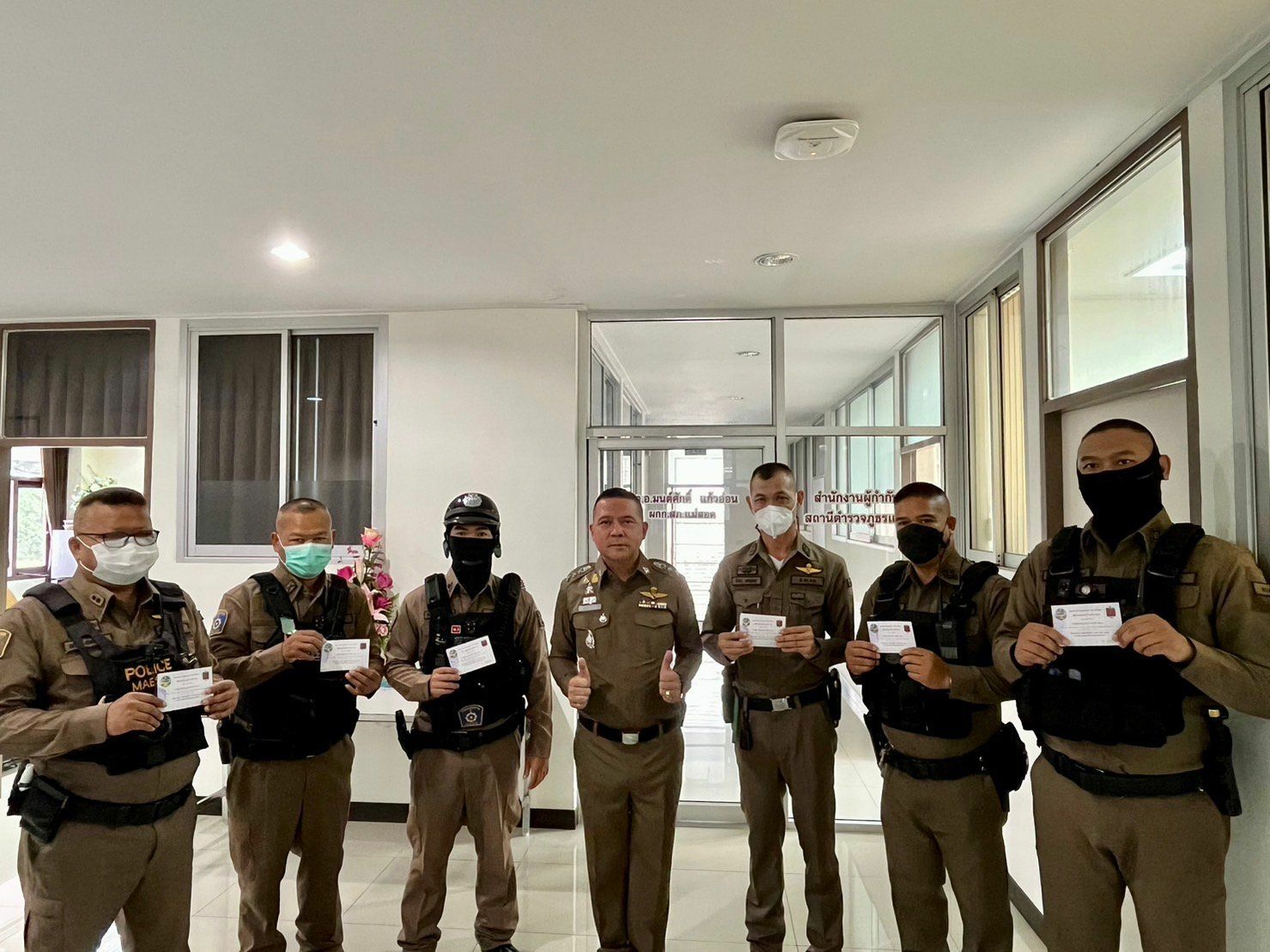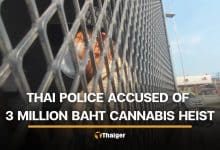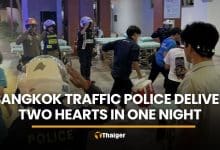Thai police criticised over Tesco forced labour inquiry

Thai police are being criticised over their inquiry into Tesco’s alleged forced labour claims after completing their investigation in only one day. According to The Guardian, Burmese workers who produced F&F jeans at VK Garment factory in Thailand’s western province of Mae Sot, between 2017 and 2020, were allegedly working under forced labour.
Such labour allegedly included working 99-hour weeks for a salary that was below the minimum legal amount. Conditions were also reported as being horrible. Thai police are now being called out for taking only one day to conclude that no laws were broken in terms of the workers’ conditions and pay.
Civil servants and police allegedly conducted interviews with 114 former workers at the VKG factory on December 28 to screen for possible forced labour. But, as Burmese workers could feel threatened when telling the truth in an interview, a day-long investigation has many feeling it is insufficient.
A spokesperson for the department of labour protection and welfare says the team concluded that there was “no forced labour or services [were] found.” He also added that “no victim under other laws was found,” with officials being unanimous in the conclusion.
However, workers told The Guardian that the interviews were rushed and that their interviews felt like officials were just ticking boxes to clear the factory of the allegations. The interviews took place simultaneously with 21 interview teams conducting the questions in an open-plan immigration building.
One former worker, Ye Zaw Zo, says he watched his answer about how he was paid an illegally low amount, get deleted from an officer’s screen. He says he told officers that he had more to report but they refused to note it. He told The Guardian last month that the factory had lowered his pay and controlled his bank account.
“It was such a waste of time. For me, this was a one-sided investigation.”
Civil society organisations seemingly agreed with Ye Zaw Zo, as they sent a dossier to officials outlining the ways they failed to properly investigate the allegations. They say more than 40 laws may have been broken, including those relating to low pay, forced labour and withholding of documents.
Oliver Holland, a partner at Leigh Day, which is bringing the case, said the reports of the Thai police interviews are concerning.
“The reports we have received from NGOs observing the Thai police interviews appear to show that the investigation was completely ineffective and that due process was not followed. Reports of workers having their answers to questions written down then deleted, being cut off from giving full answers, and officers refusing to take notes of their answers suggest that the investigation is purely for appearance, a complete sham with no desire to get to the truth of the conditions faced by our clients.”
He said the reported failures of the investigation show “that it is almost impossible for Burmese garment workers to achieve access to justice in Thailand.”
One police source, however, says there are more interviews planned despite conclusions having already been reached.
Somchai Homlaor, director of the Human Rights and Development Foundation says the workers endured conditions “similar to slavery” with illegal rates of pay. But, Sirikul Tatiyawongpaibul, VKG’s managing director, has said that the factory had not broken any laws.
“We have provided safe working conditions to all employees. We are regularly audited by independent auditors who are not affiliated with the company to maintain good working conditions for our employees and as required by law.”
The landmark lawsuit was filed in the UK by 130 former VKG workers, along with a seven year old girl, who was allegedly raped in the factory compound. Her mother was allegedly working late when the incident happened. The workers are suing Tesco for negligence and unjust enrichment.
Latest Thailand News
Follow The Thaiger on Google News:


























